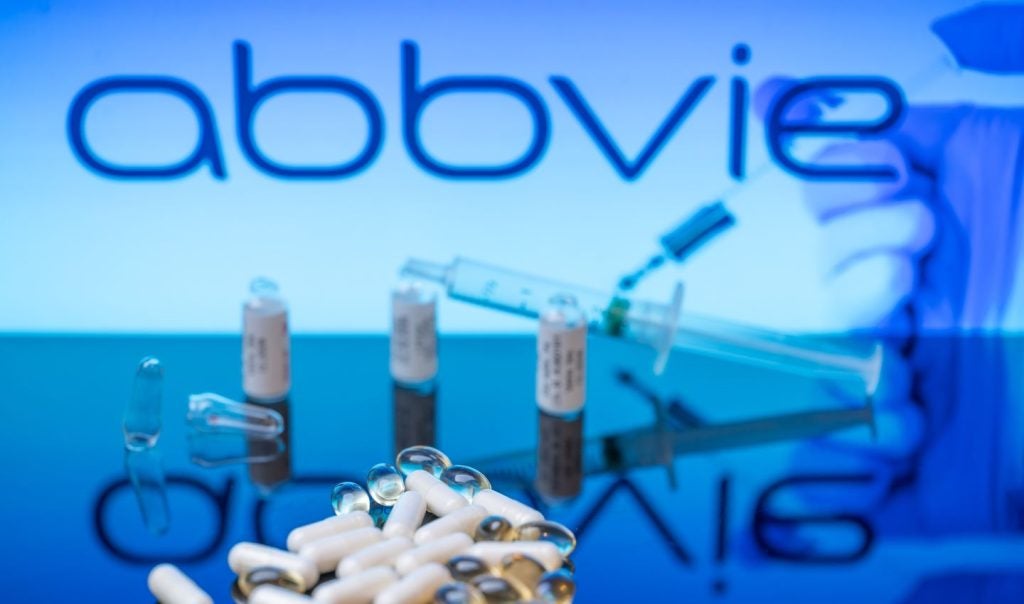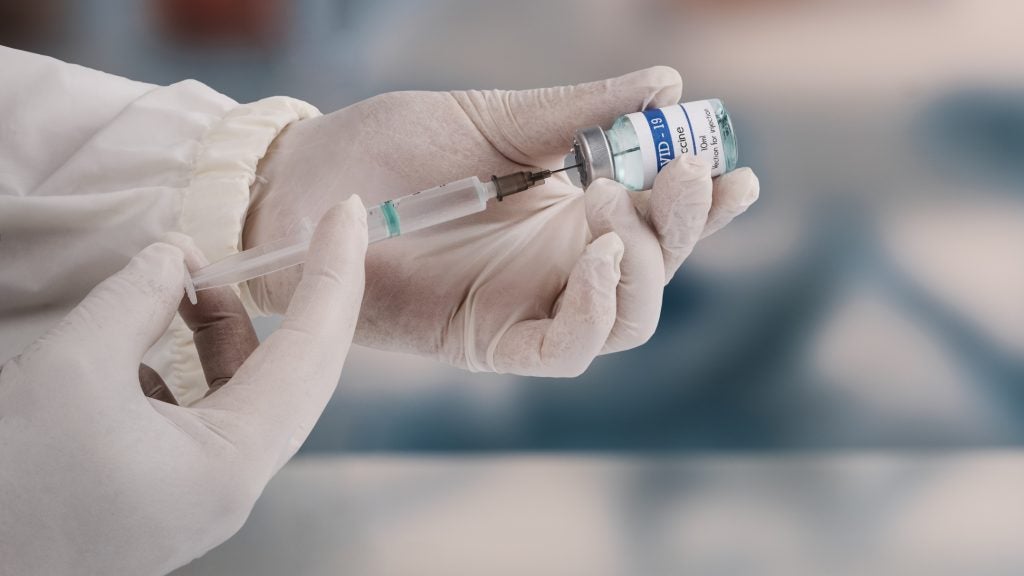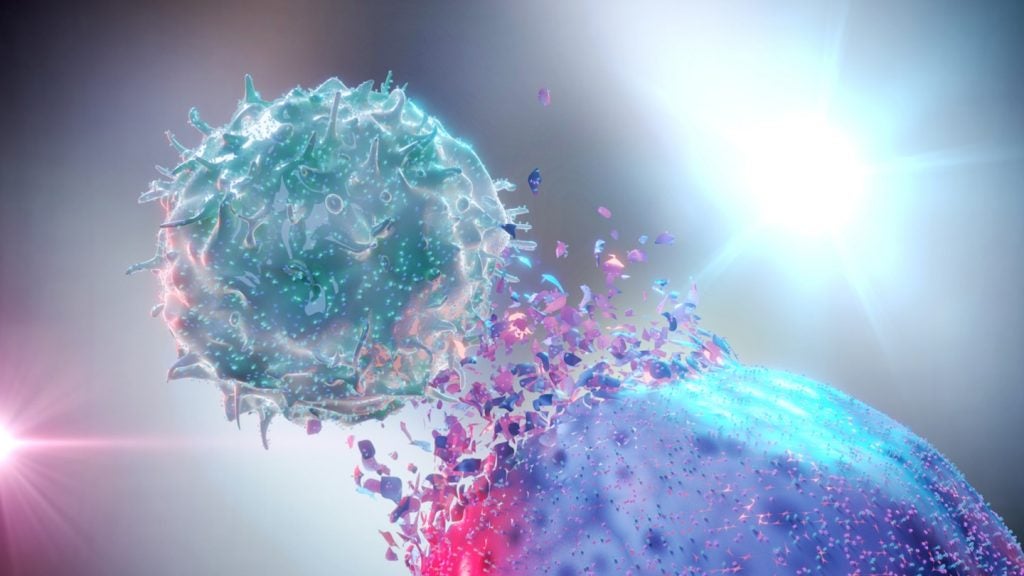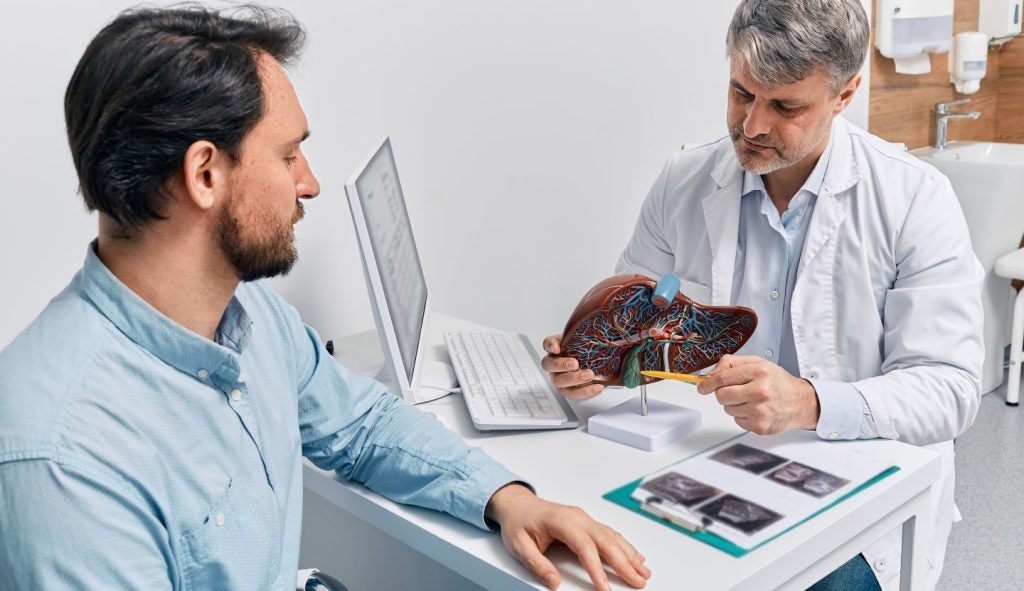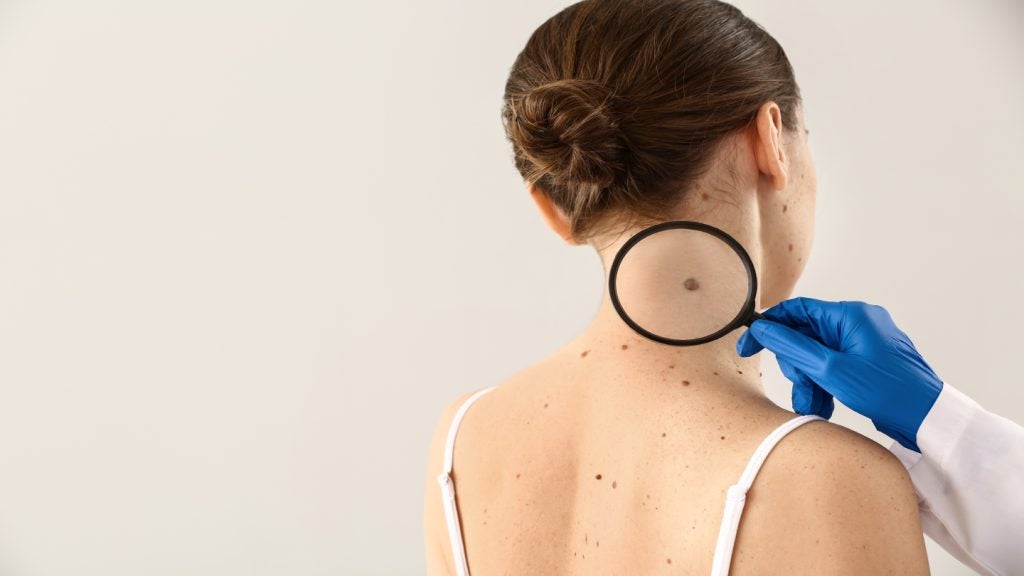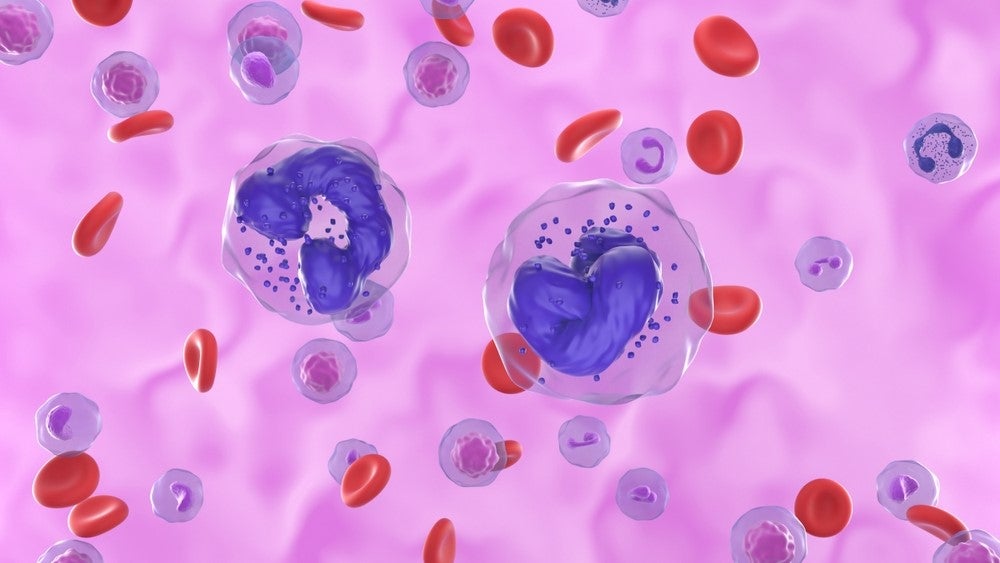US-based pharmaceutical company AbbVie has reported positive data from its Phase II clinical trial of the investigational drug lutikizumab (ABT-981).
Lutikizumab is a dual-variable-domain interleukin (IL) 1α/1β antagonist designed to treat moderate to severe hidradenitis suppurativa (HS) patients.
The randomised, placebo-controlled double-blind trial analysed the efficacy and safety of lutikizumab over 16 weeks.
It enrolled 153 adults with HS who were unresponsive to treatment with anti-tumour necrosis factor (TNF) therapy.
Subjects were randomised to receive either a placebo or one of three doses of lutikizumab.
These doses were 100mg of lutikizumab every other week, 300mg every other week or 300mg every week.
The trial's primary goal was to attain HS Clinical Response (HiSCR 50) at week 16 with secondary endpoints, including a reduction in skin pain.
According to the findings, subjects who received 300mg of lutikizumab weekly or every other week demonstrated significantly higher response rates in achieving HiSCR 50 than those on placebo, meeting the primary endpoint.
In addition, these dosing regimens led to improvements in skin pain and HiSCR 75, a more stringent measure of HS clinical response.
Despite these results, the 100mg dose every other week did not exhibit superior efficacy over placebo.
AbbVie global therapeutics senior vice-president and chief medical officer Roopal Thakkar said: “AbbVie continues to pioneer research in the pursuit of new treatment options for patients with hidradenitis suppurativa, a frequently overlooked, underserved, and often suffering patient population.
“These results help us further understand the use of lutikizumab in adults with moderate to severe hidradenitis suppurativa, and we will continue to apply our more than 25 years of expertise in immune-mediated diseases in advancing our clinical programme for lutikizumab in HS to Phase III.”
Last month, AbbVie and Genmab reported findings from the Phase I/II EPCORE NHL-1 trial of epcoritamab in relapsed/refractory follicular lymphoma patients.


